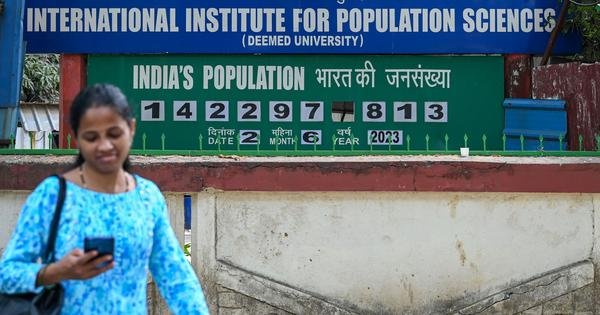Global Population Data Crisis: Why It Matters
The Importance of Accurate Population Data
Every day, decisions affecting our lives depend on knowing the number of people living in a specific area. This information is crucial for determining the number of vaccines needed in a community, placing polling stations for elections, and identifying those at risk during natural disasters like hurricanes.
Challenges in Counting People
For centuries, censuses and household surveys have been the primary sources of population data. However, recent reports from the UN’s statistical commission meetings in New York indicate an alarming trend in population data systems worldwide.
- Census response rates are declining in many countries.
- The 2020 US census undercounted the Latino population by more than three times the rate of the 2010 census.
- Paraguay’s latest census revealed a population one-fifth smaller than previously thought.
- South Africa’s 2022 census post-enumeration survey revealed a likely undercount of more than 30%.
- One in three Africans may not have been counted in the 2020 census round due to undercounts and census delays caused by COVID-19, conflict, or financial limitations.
Consequences of Inaccurate Data
When people vanish from data, they also disappear from policy. Systematic undercounts of certain groups, such as minorities, rural communities, or poorer people, lead to political underrepresentation and inadequate resource allocation.
Factors Contributing to Undercounts
Several factors have converged to cause this issue:
- Eroding trust in government institutions worldwide.
- Declining trust specifically in representative institutions like parliaments and governments.
- Logistical nightmares caused by the Covid-19 pandemic, including postponed censuses, budget cuts, and struggles with recruiting field staff.
- Disappearing international funding for population data, such as the termination of the US-funded Demographic and Health Surveys program and uncertain futures for Unicef’s Multi-Indicator Cluster program and US government support for UN agencies and development banks undertaking census support.
Solutions That Count
Countries are adapting by transitioning to alternative census methodologies, such as online questionnaires, telephone interviews, and administrative data sources. The UN Economic Commission for Africa recommends embracing new digital technologies for cheaper and more reliable data collection.
At WorldPop, our research group at the University of Southampton, we’re helping governments develop solutions using new technologies. Buildings mapped from satellite imagery using AI, together with counts of populations from small areas, can create detailed population estimates to support census implementation or provide estimates for undersurveyed areas.
The Urgent Need for Accurate Data
As we face growing challenges, from climate change to economic inequality, having accurate, reliable, and robust population data is essential for a functioning society. National statistical offices, UN agencies, academics, the private sector, and donors must urgently focus on building cost-effective solutions to provide reliable and robust population data, especially in resource-poor settings where recent cuts will be felt hardest.
When people disappear from the data, they risk disappearing from public policy. Making everyone count starts with counting everyone.



